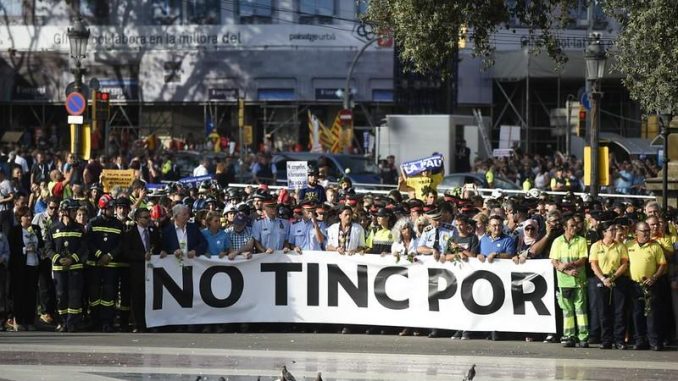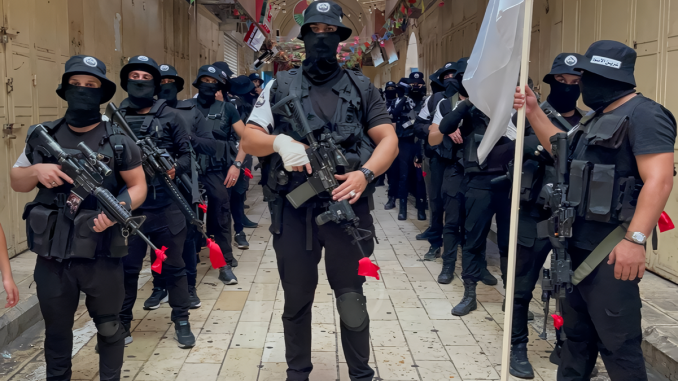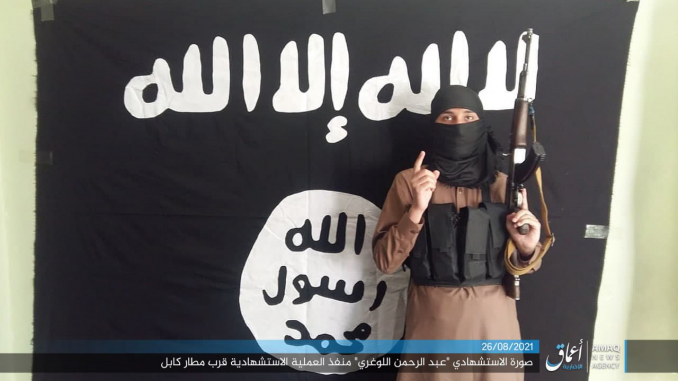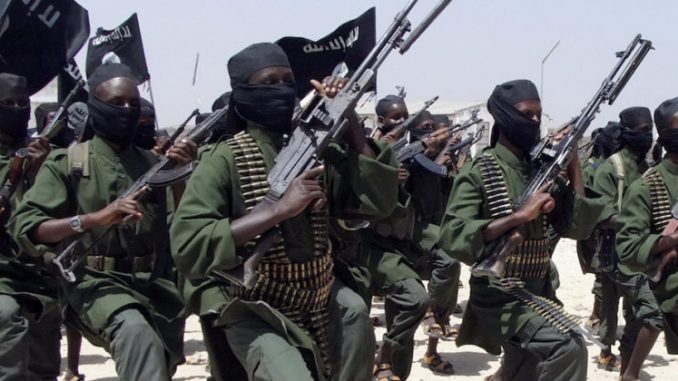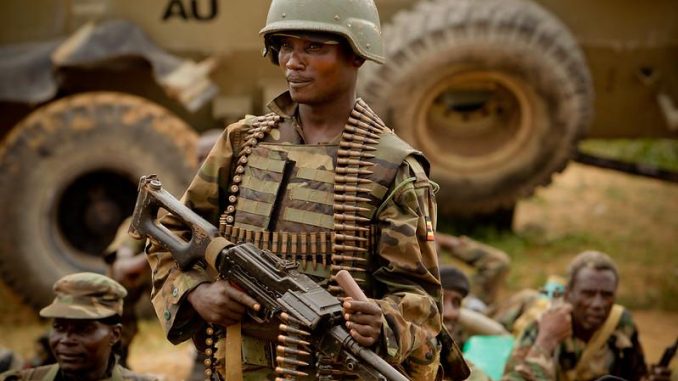Articles on Islamist and international terrorism. Quality and current analysis only for subscribers.
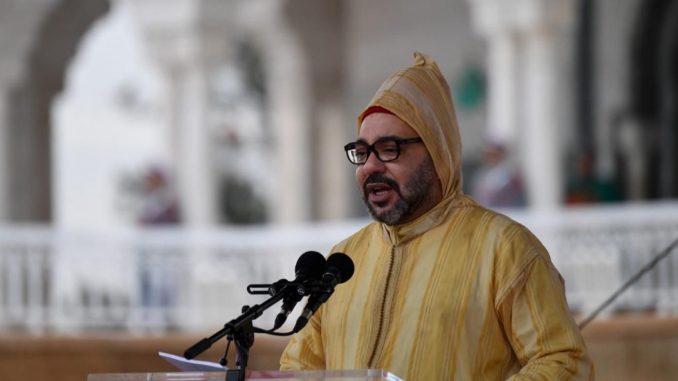
Caesaropapism and radical Islamist doctrine in Morocco
One of the fundamental characteristics of the political system of our southern neighbor is Caesaropapism, that is, the union between earthly and spiritual power in the hands of the monarch. A particularity that clashes both with the liberal-democratic principles contained in its constitution, and with the increasingly widespread discourse of radical Islamism. Regarding the latter, it must be taken into account that the transformation of the Moroccan into a parliamentary monarchy like Western monarchies would be perceived by radical Islam as illegitimate and a source of decadence. All of which poses an important problem for the Alawite regime because, although in general terms religion acts successfully as a legitimizing element of the monarchy, the doctrinal basis of this religious leadership is intrinsically incompatible with the doctrinal basis of the Global Jihadist Movement. (Continue…) Dear reader, this article is exclusively for paying users. Yeah [Keep reading…]


